Boca Chica
Gabriella A. Moses / Dominican Republic / 2023 / 97 min
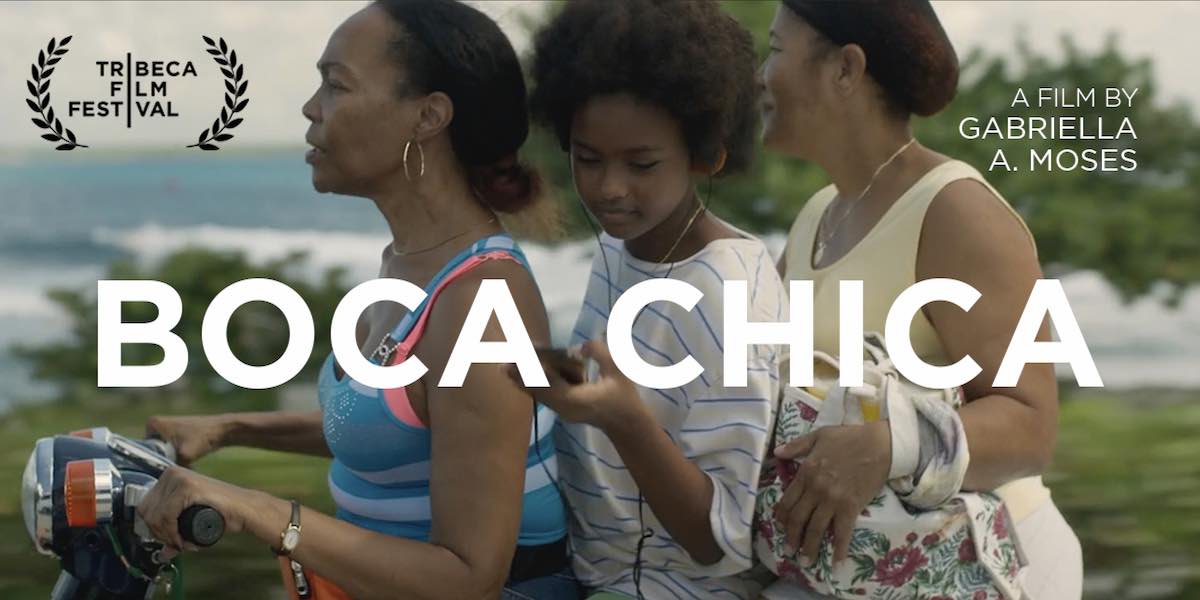
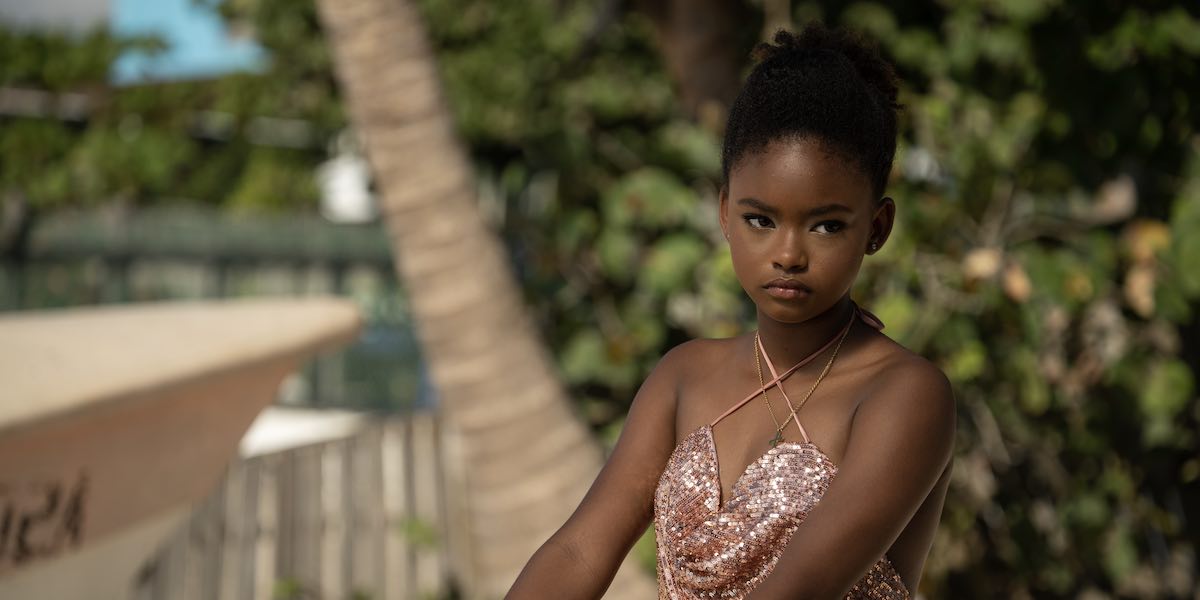
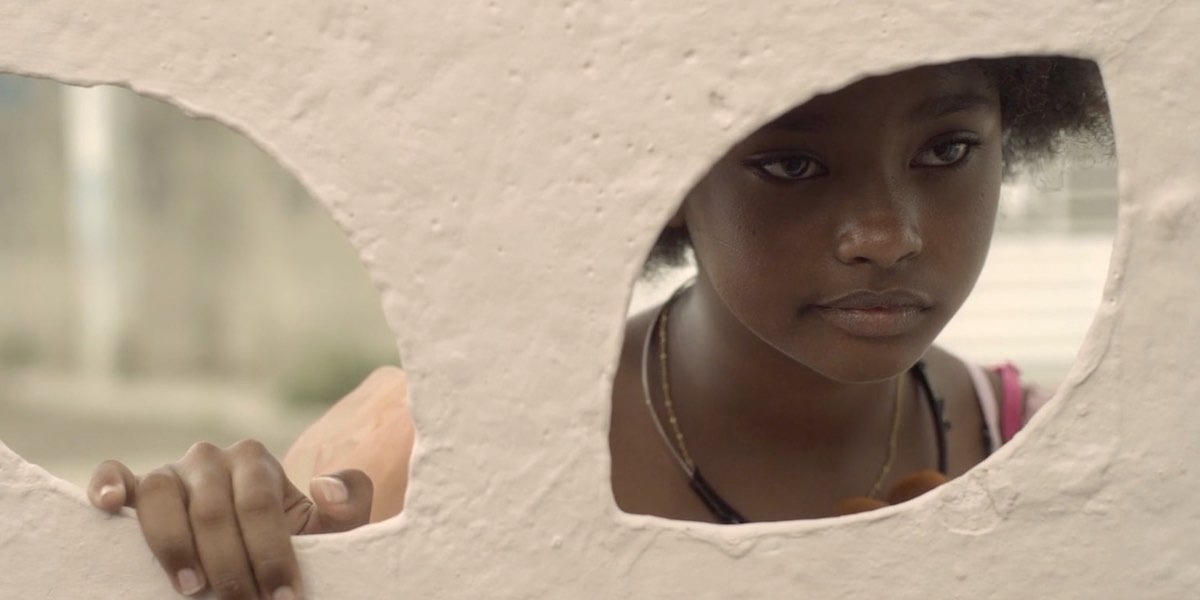
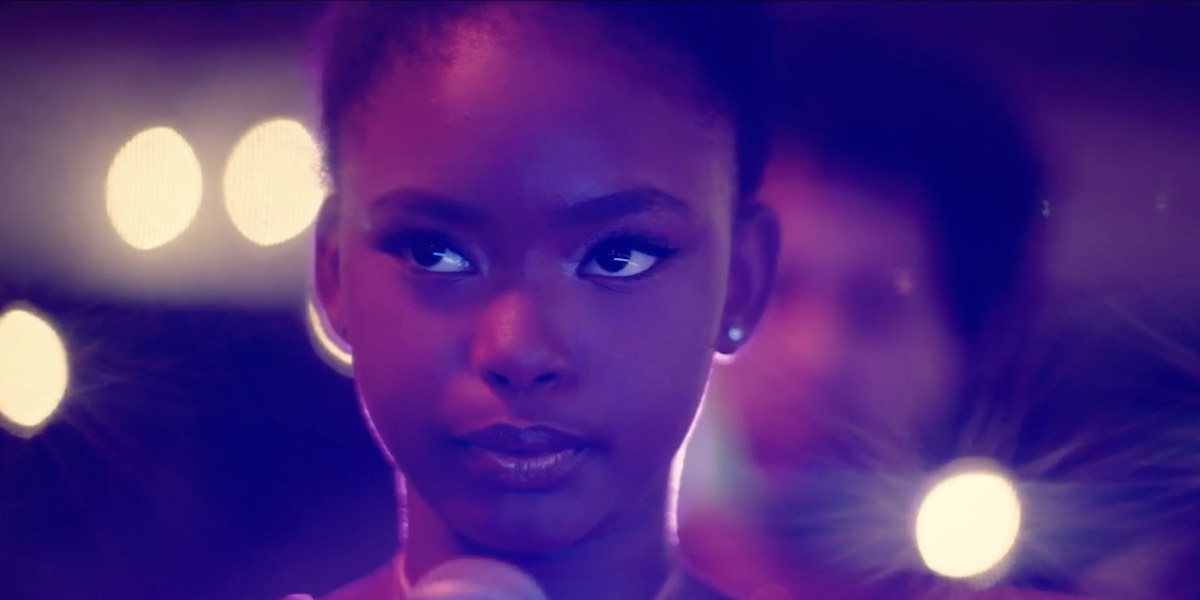
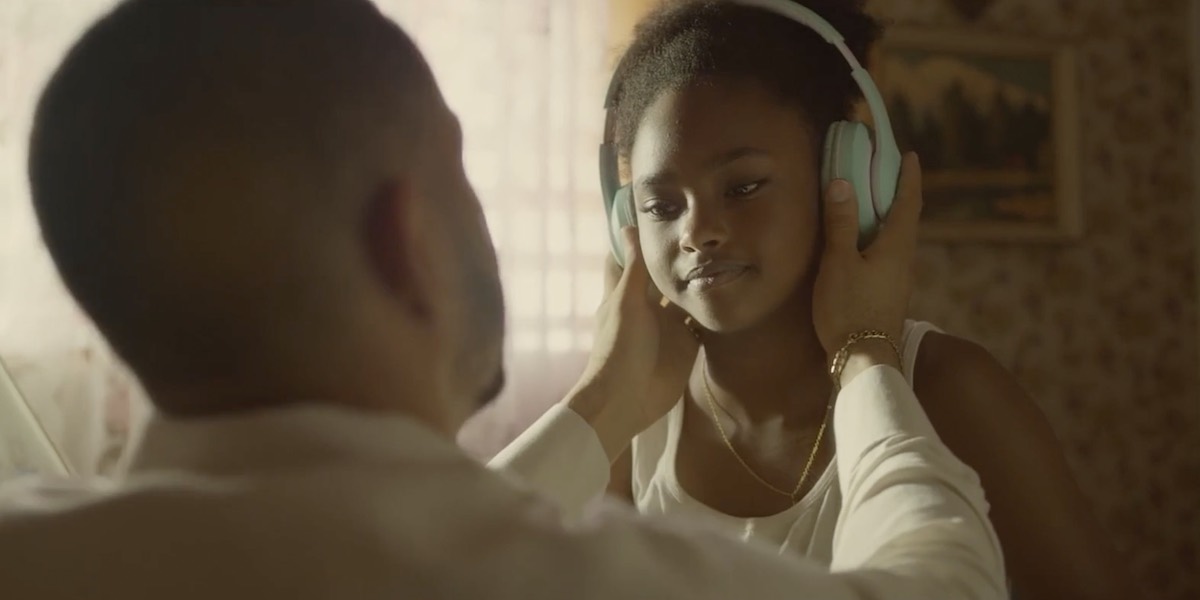
Tribeca Film Festival
Nora Ephron AwardHuelva Ibero-American Film Festival
Trinidad & Tobago Film Festival
FIC Santiago Int'l Film Festival
Loft Film Festival
Atlantic Int'l Film Festival
Spanish Film Club
Related Films
 Babygirl(La Hembrita)Laura Amelia GuzmánWhy you must see this film. Because it is the jewel of the New Wave of Dominican Cinema. Unlike films such as Alfonso Cuarón’s ‘Roma’ and ...
Babygirl(La Hembrita)Laura Amelia GuzmánWhy you must see this film. Because it is the jewel of the New Wave of Dominican Cinema. Unlike films such as Alfonso Cuarón’s ‘Roma’ and ... CarajitaSilvina Schnicer, Ulises PorraFeaturing striking cinematography and outstanding performances, Carajita (which means annoying child) explores the tenuous relationship that exists ...
CarajitaSilvina Schnicer, Ulises PorraFeaturing striking cinematography and outstanding performances, Carajita (which means annoying child) explores the tenuous relationship that exists ... Miriam Lies(Miriam Miente)Natalia Cabral, Oriol Estrada The first dramatic feature by documentary duo Natalia Cabral and Oriol Estrada centers on a quinceañera celebration and shows how racial prejudices ...
Miriam Lies(Miriam Miente)Natalia Cabral, Oriol Estrada The first dramatic feature by documentary duo Natalia Cabral and Oriol Estrada centers on a quinceañera celebration and shows how racial prejudices ...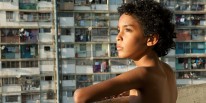 Bad Hair(Pelo Malo)Mariana RondónA nine-year-old boy’s preening obsession with straightening his hair elicits a tidal wave of homophobic panic in his hard-working mother, in this ...
Bad Hair(Pelo Malo)Mariana RondónA nine-year-old boy’s preening obsession with straightening his hair elicits a tidal wave of homophobic panic in his hard-working mother, in this ... Sun and Daughter(Cuidando al sol)Catalina RazziniWhy you must-see this film. Because it is a feel-good debut film by Bolivian director Catalina Razzini, an incredible new talent to watch. It is a ...
Sun and Daughter(Cuidando al sol)Catalina RazziniWhy you must-see this film. Because it is a feel-good debut film by Bolivian director Catalina Razzini, an incredible new talent to watch. It is a ...Synopsis
Spanish, English, with English subtitles
With Scarlet Camilo, Lia Chapman, Jean Cruz, Richarson Díaz
Why you must-see this film. Because it is an example of the brilliant New Wave of Dominican Cinema. It tackles an incredibly important theme and it is written by the talented team behind ‘Pelo Malo’ (Mariana Rondón, Marité Ugás). Moreover, the film won the Nora Ephron Award at the latest Tribeca Film Festival.
Beautifully juxtaposing the realities and expectations of a young girl approaching womanhood in the Dominican Republic, Boca Chica shines a light on the insidious child sex trade and the lives it seeks to destroy.
Director Gabriella A. Moses exposes the community’s complicity by way of twelve-year-old Desi who is constantly exposed to unwanted advances and crude comments from older men, both visiting and homegrown. She works at the family restaurant alongside her mother Carmen, who encourages the behavior, in a once serene beachside town now bustling with foreign tourists.
Music is Desi’s escape. She dreams of parlaying her nascent musical talents into a full-fledged singing career. When she stumbles across a group of local rappers that set themselves apart from the scene, her passions begin to boil to the surface. She seeks to avoid the common fate of growing mature before her time and falling prey to the morally bankrupt adults in her life who encourage her to forgo her innocence for profit.
Boca Chica explores themes of identity, family, codependency, and truth, and exposes how local social norms present the sexualization of very young girls as a path to survival.
The director, Gabriela A. Moses, may be available for an in-person or virtual Q&A. A suggested speaker fee of $300 to be agreed directly with the filmmaker is recommended in all cases. Contact us at eric@pragda.com to learn more.
Related Subjects
About the Director

Available for Q&As, Masterclasses, and workshops upon request, in English or Spanish.
Book a Screen+Talk
Gabriella has received support from the Sundance Institute, New York Women in Film & TV, Tribeca Film Institute, The Black List, and SFFILM. She was most recently featured on the 2023 Black List Latinx List and was selected for the 2022 LALIFF x Netflix Latinx Inclusion Fellowship Program with her short Sin Raíces.
Her directorial debut, the feature film Boca Chica (2023), was filmed in the Dominican Republic. The film premiered in the International Narrative Competition at the 2023 Tribeca Film Festival, where she won the prestigious 11th Annual Nora Ephron Award.
Gabriella believes in sharing stories with underrepresented protagonists that test viewers’ perceptions of identity and their imaginations.
Press
“Sparked by the light of Camilo’s performance, alongside daily life in the Caribbean, Boca Chica is a quiet film that finds impact in bitter truth and hopes unbound.” – Sherin Nicole, AWFJ
“Its arresting performances, working-class setting, and partial hip-hop soundtrack are reminiscent of Andrea Arnold’s Fish Tank and Alice Rohrwacher’s The Wonders. A tale of growing up in a cruel world and family secrets, Moses’s quietly magnetic debut urges us to question the dreams we want to pursue and the façades we may live.” – M.J. O'Tool, Hammer to Nail
“Catches the uneasy intersection that can trap females, of an exuberant culture, curious tourists, and service businesses sustained through remittances of diaspora relatives. This strong sympathy for a Caribbean girl is refreshing.” – Nora Lee Mandel, Maven's Nest
“Gabriella A. Moses and her woman-led crew crafted the film to explore young womanhood and deferred dreams in the Dominican Republic. With its: ‘so crisp it feels like being there’ cinematography and a sense of terrible things lingering at the periphery, Boca Chica compels us to question what is happening and where things went wrong.” – Sherin Nicole, AWFJ
“Highly Recommended. The movie focuses on several topics of interest to young adults and general adult audiences. The way this story is written, it moves naturally from the more innocent aspects of Desi’s life to the darker and seedier parts of life.” – Sylvia McAphee, Metadata Librarian for Continuing Resources / Assistant Professor, University of Alabama, EMRO
“I haven’t been subject to that kind of treatment, so it was striking to me. I knew that [trafficking] existed, but it was remarkable. It opened my eyes to see it exist, and at such a young age.” – Julianna Hildebrand, sophomore religion and sociology double-major, Trinity University
Student Critics’ Corner
Notes on the Film
“Tourism is king in the Caribbean and it both benefits and burdens those around it. As an artist, it’s important to center narratives around protagonists that aren’t historically represented. It’s also important to acknowledge the complexities and nuances in Caribbean communities’ complicity in propagating, upholding, and even enabling toxicity.
Sometimes traditional ideas need to be eradicated. In the Dominican Republic, in January 2021, Law 1-21 was approved, which finally eliminated all legal grounds for child marriage, it safeguards children and protects them from all forms of violence. This was JUST two years ago, the year we filmed Boca Chica.
Machismo culture has long left young women vulnerable to abuse and sex tourism is a branch of tourism so it exposes young women, even more, to the commodification of their bodies and legislation has a role in that allowing more insidious things like trafficking to take place. Trafficking is a global issue happening in far more privileged countries like the States. We need to talk about that. We need to protect our young women.”
– Gabriella A. Moses, Director